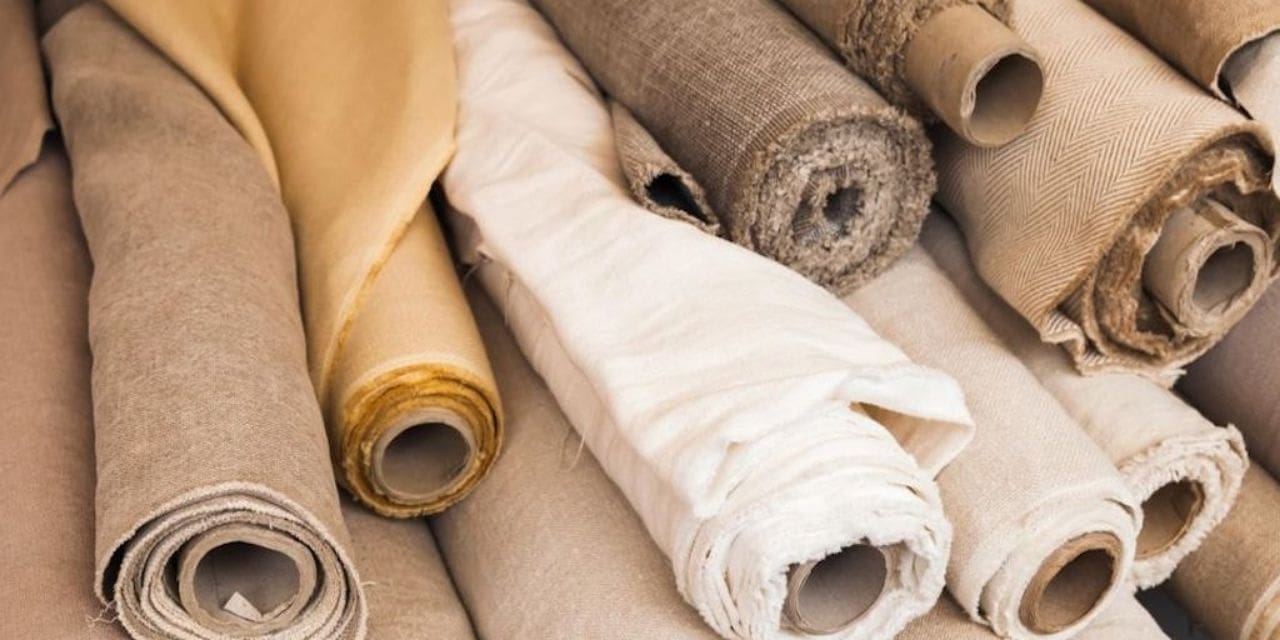In terms of sustainable policies, the European textile sector will soon have a new rulebook to follow.
The European Apparel and Textile Confederation (Euratex) recently revealed a plan to build a more competitive and sustainable European textiles industry, which it plans to publicly release before the end of the year. According to the organisation, the new framework will be aligned with other relevant EU policies, such as the EU Industrial strategy, the new EU Trade strategy, the EU Pact for Skills, the Sustainable Chemicals strategy, the Sustainable Product Initiative, and others, to ensure that it is free of contradictions and is set up for success.
Euratex has released a new framework to unite the European textile industry and encourage more sustainable action at scale. The organization aims to accomplish three goals: position Europe as a global leader of sustainable textiles, improve the industry’s efficiency and increase the region’s global market share. In order to achieve these ambitious targets, it recommends clearly identifying circular and sustainable products based on European—and preferably global-standards. It also calls for more ownership from the European Commission and accelerated sustainability awareness for consumers. The organization will also increase market surveillance to prevent non-compliant products from making it past customs, and will work with other countries including the U.S. to agree on mutual recognition of standards and certification procedures.
Euratex has announced a new framework for the European textile industry, which it says currently includes 160,000 companies and 1.5 million people. It aims to unite the sector and encourage more sustainable action at scale. The framework also encourages greater digitalization with a “Digital Transformation Fund” that provides businesses with a small investment to implement relevant operational strategies.
The organization will also create a “textile alliance” to assess policy impact in textiles and avoid contradicting actions from other areas.

